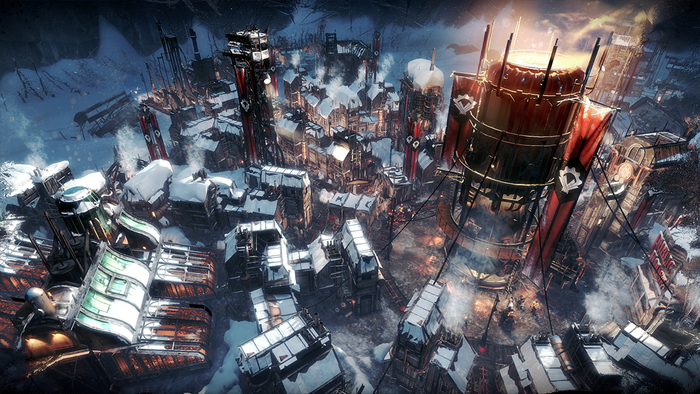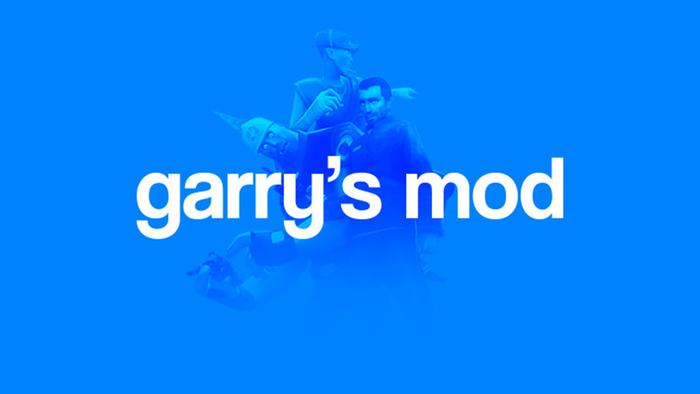"There was a ton of inspiration between our two teams that we passed back and forth," former BioWare dev Jesse Houston tells Glixel. "We loved the Magic card feeling."
November 14, 2017

"There was a ton of inspiration between our two teams that we passed back and forth. We loved the Magic card feeling, and the feeling that you're constantly getting value."
- Former BioWare dev Jesse Houston, speaking to Glixel about how Mass Effect 3's loot box system took cues from FIFA Ultimate Team.
Loot boxes! Lots of people are talking about them, and they seem to be cropping up in a bunch of big-budget games this year (Battlefront II, Need for Speed Payback, Middle-earth: Shadow of War).
Many cite Mass Effect 3 and its "Galaxy of War" multiplayer mode as popularizing the notion of studding full-priced games with opportunities for players to pay currency (real or virtual) in return for packs (or boxes, or chests, or crates) of semi-randomized rewards.
But in a new feature published by Glixel, ex-BioWare dev Jesse Houston says that the Mass Effect 3 team were actually inspired by another Electronic Arts game: EA Sports' FIFA Ultimate Team, which has been free-to-play (with virtual currency that can be purchased for real money) for years.
"Multiplayer at the time was a very cost-heavy and very expensive thing, and we wanted to find a nice way of basically offsetting that cost in a way that felt really good for the player," Houston told Glixel. "There was a ton of inspiration between our two teams that we passed back and forth. We loved the Magic card feeling, and the feeling that you're constantly getting value."
It's interesting to hear a dev's perspective on the appeal of these systems, since from a business perspective the appeal has long been clear: games with purchaseable loot boxes or other "recurrent consumer spending" hooks are better positioned to generate revenue.
However, Houston says that while his new venture Phoenix Labs' debut game Dauntless was beta-tested with a loot box system in place, the studio is ditching in favor of a more direct "buy the specific item you want" model. He suggests this might be more appealing to players, since they can better understand the value of what they're paying for.
"In the long-term, I'm betting that a clearer relationship to the content that you're purchasing will create and engender a better relationship with us as a developer and as a product," said Houston. "and therefore players will be more likely to spend again or purchase in the first place."
You can (and should) read his full comments on the topic, as well as those of industry analysts, in the Glixel article.
You May Also Like





